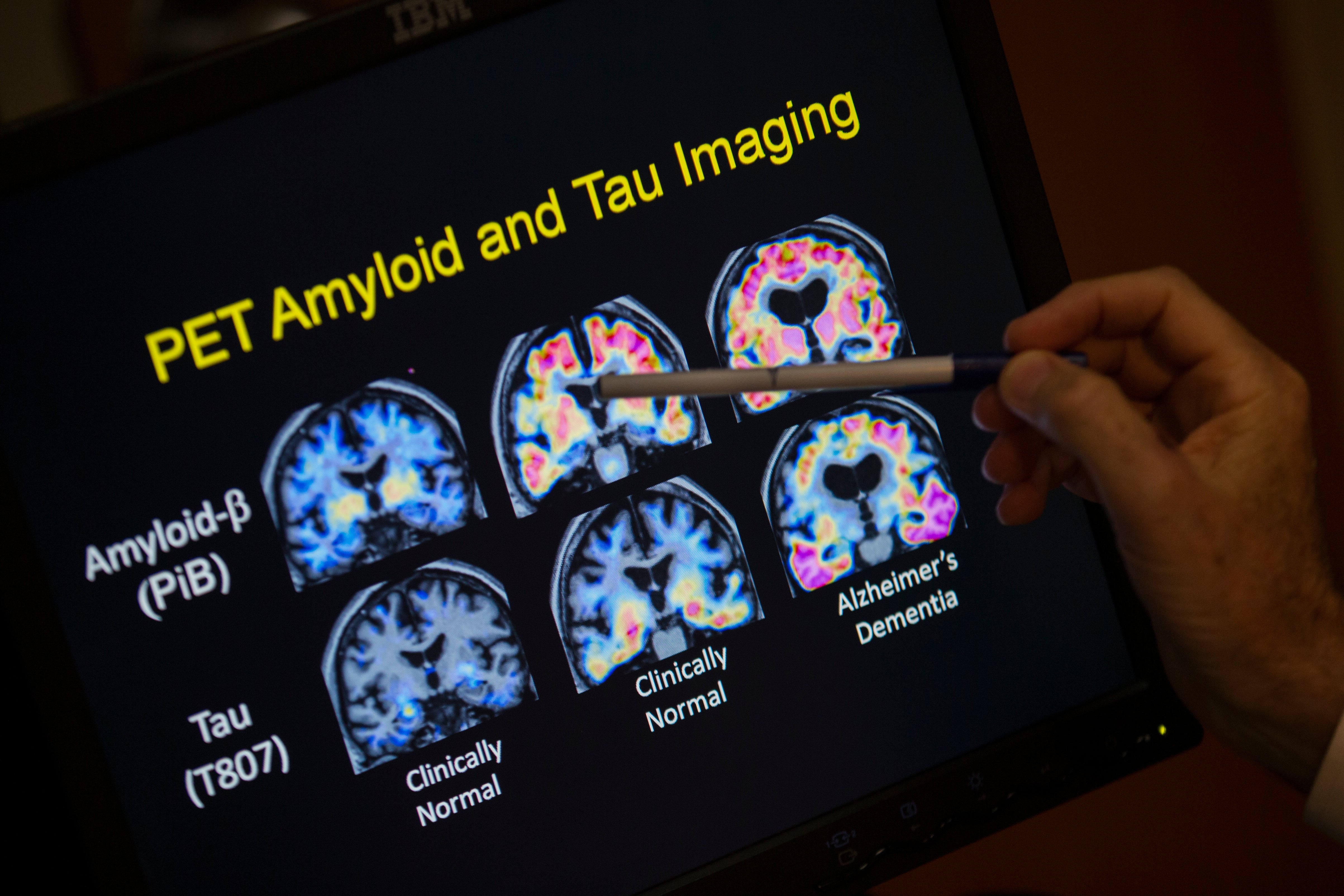UK drug regulator approves Alzheimer's drug but government likely won't pay for it
Britain’s drug regulator has authorized the Alzheimer’s drug Leqembi, saying that it’s the first medicine to show some impact in slowing progression of the neurodegenerative disease

Britain’s drug regulator authorized the Alzheimer’s drug Leqembi on Thursday, saying it's the first medicine to show some impact in slowing the progression of the neurodegenerative disease.
But the U.K. government likely won’t be paying for it after an independent agency separately issued draft guidance concluding that the benefits of Leqembi “cannot be considered good value for the taxpayer.”
In addition to the cost of the drug, providing Leqembi requires that patients be hospitalized every two weeks to receive it and be closely monitored for side effects. Experts also noted the lack of data regarding the long-term effectiveness of Leqembi, made by Japanese drugmaker Eisai.
“The reality is that the benefits this first treatment provides are just too small to justify the significant cost,” said Dr. Samantha Robers, chief executive of the National Institute for Health and Care Excellence, or NICE.
The draft guidance issued by NICE will now be open for public consultation and all responses will be considered at a second meeting later this year before final advice is issued.
The agency estimated about 70,000 people in Briton might benefit from Leqembi. The drug is still available to be prescribed if patients pay for it privately. In the U.S., it costs about $26,000 per patient per year.
Some experts said that while they understood patients and their families might be disappointed by the news, there was hope better drugs might be developed soon.
Hilary Evans-Newton, chief executive of Alzheimers Research UK, said Leqembi represented “the beginning of a sea-change in how diseases like Alzheimer's will be treated in the future.” She said there were more than 160 trials underway testing over 125 experimental treatments for Alzheimer’s across the globe.
“Despite today’s frustrating news, it really is a matter of when, not if, new treatments become available,” she said in a statement.
Others worried the contrasting decisions by the British regulator and its health watchdog could produce further divisions in health care.
“This will see greater inequities emerging in people with dementia, as only those who are able to access private healthcare will be able to receive the drug," said Tara Spire Jones, director of the Centre for Discovery Brain Sciences at the University of Edinburgh.
The U.S. Food and Drug Administration authorized Leqembi in July last year, clearing the way for Medicare and other insurance plans to begin covering the treatment.
Last month, the European Medicines Agency recommended that Leqembi not be authorized across the EU, saying that the drug's impact on slowing cognitive decline did not outweigh its serious side effects, including swelling and potential bleeding in the brain.
___
The Associated Press Health and Science Department receives support from the Howard Hughes Medical Institute’s Science and Educational Media Group. The AP is solely responsible for all content.